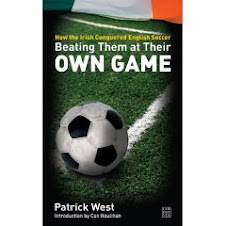 Patrick West
Patrick WestLet’s give credit where credit’s due
Whether sped-up to an unreadable blur or minimised to the point of invisibility, devaluing TV end credits devalues programme-makers.
"There are two things traditionally understood to have the television viewer reaching for his or her remote control: commercial breaks and end credits. In our zapper, YouTube era of zero concentration and instantaneity, they are regarded as an anathema to the viewer, and likewise perceived by the networks as a proper nuisance. And, consequently, in our age of digital evolution, both are undergoing a process of necessary adaptation.
As I have written before (see Why should we pay the Orwellian licence fee?), the proliferation of television stations in the UK over the past two decades has severely compromised the effectiveness of the commercial break. (And now with Sky+’s pre-record, ‘live pause’, rewind and fast forward facility, you can delay watching your programme by about 10 minutes and skip the adverts altogether.)
Back in the early 1980s, of course, the TV commercial wielded real power. Admittedly, its power may have arisen by default - your parents couldn’t be bothered to get up and turn the station over from ITV, BBC2 was airing a five-hour conference special featuring malcontent windbags from the TUC, or BBC1 was broadcasting some unfunny racist sitcom. But it was power nonetheless..."
Read on at





